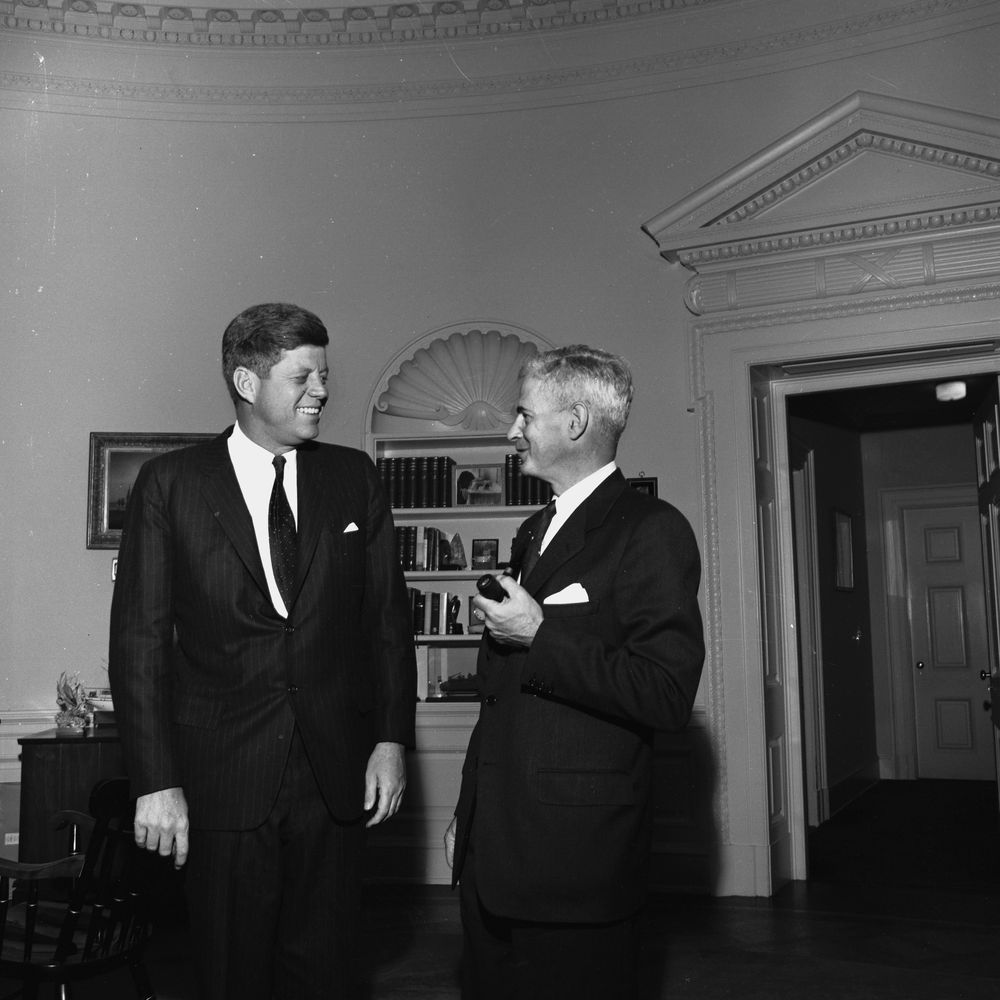March of the Hundred Thousand, Cinelândia, Rio de Janeiro, 1968. Photo by Evandro Teixeira/IMS Collection
The USA and the military dictatorship

The main objective of this project is to analyze the process of rise and fall of the authoritarian institutionalization of the Brazilian military dictatorship (1964-1985) from the perspective of diplomatic and intelligence documents from the United States government. Despite the increasing openness of American sources in the last two decades, research that works with official American documentation to understand political events at the domestic level of the military regime is still rare. We will focus mainly on the dynamics and disputes that took place within the Armed Forces, as well as on the relations between military and civilians, seeking to interpret both the way in which the authoritarian institutionalization of the regime was constructed - expressed, mainly, by its normative productions (acts institutions, national security and censorship laws, 1967 Constitution, 1969 constitutional amendment) -, as well as the negotiations and struggles that characterized the long process of political opening in Brazil. Official US sources offer a privileged perspective on domestic political events due to the capillarity of the US intelligence structure and the ease of access of US representatives to the military and political elites and different segments of civil society, including sectors of the opposition. Researchers associated with the project will work with different aspects of the Brazil-USA relationship during the dictatorship - from the way in which the American aid program Alliance for Progress was implemented in the country to Washington's role in the international legitimization of the regime, in addition to the actions and reactions from Washington during the context of Brazilian political openness, especially with regard to serious human rights violations and the issue of transitional justice. The project will also make all documentation collected in archives and libraries in the United States available to the public, online, through the website of the Diffusion Support Center of the National Truth Commission (NACE-CNV/USP), in addition to functioning as a pre-selection for the next collections to be digitized and indexed to the Opening the Archives (Brown University) database. In this sense, we understand that this project will not only contribute to a better understanding of the process of authoritarian institutionalization of the Brazilian dictatorship and different aspects of Brazil-USA relations in the context of the military regime, but will also expand the democratization of access to North American documents on the topic to Brazilian researchers.
